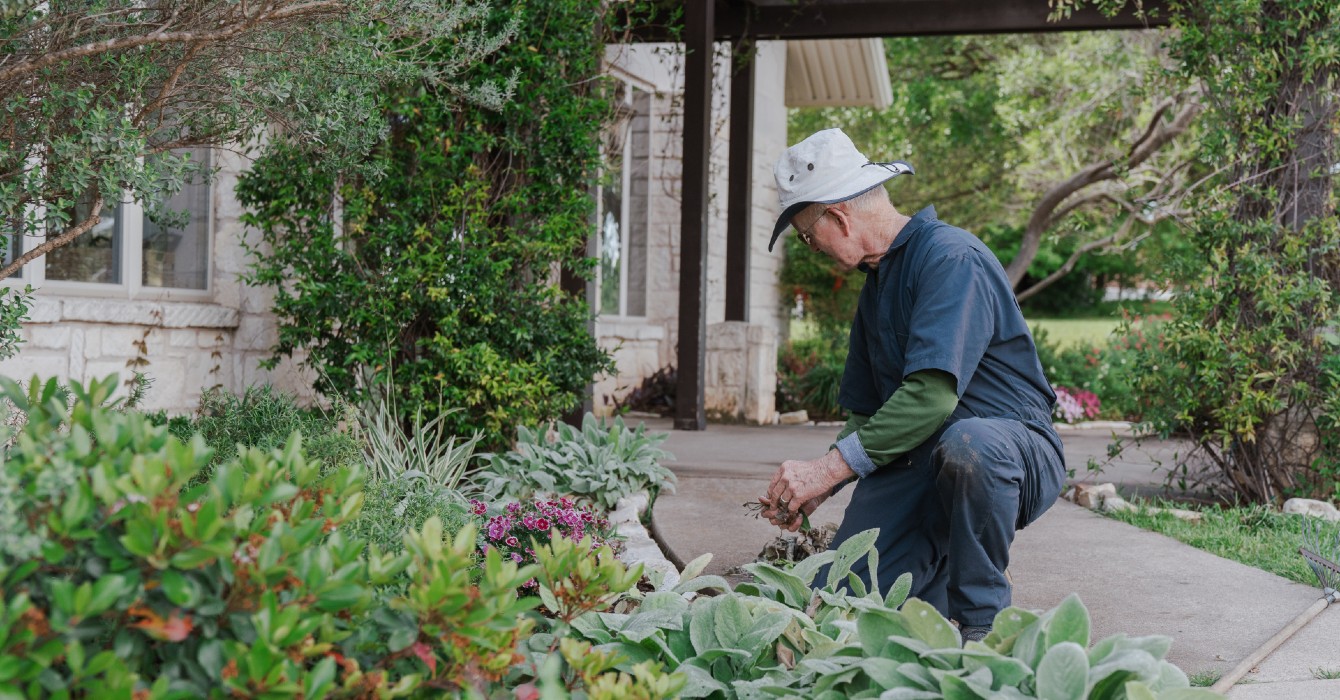At least once a month, a friend or acquaintance shares his or her story about leaving the church. The stories are filled with frustration, burnout, isolation and disinterest in returning. As I related these stories to a colleague, he quipped, “I think my church is filled with people who are one Sunday brunch away from never returning.”
When we talk about people leaving the church, we frequently address the systemic shrinkage of the predominately white denominations in the U.S. We look to Europe and point to the rapidly approaching future of secularism. We talk about young white millennials’ malaise and disinterest in the church. We grieve that the “spiritual, but not religious” and the “nones” seem to increase in number every year. On our better days, we talk about the renewal of the church and signposts of hope.
But it is more difficult talk about the real people’s stories and experiences, as they live inside these systems and realities. As someone who grew up in the church, studied the church, and works for and with the church, I am surrounded by these stories. They are my friends’ and my peers’ stories. And frankly, my story feels like I’m one Sunday brunch away with them.
Late this winter, Donald Miller, author of “Blue Like Jazz,” a memoir that voiced the anxiety of young white American Christianity in the mid-2000s, confessed his own struggles with attending church. The backlash led him to write a follow-up that was equal parts defense and clarification.
Neither post was a perfect description of why someone doesn’t attend church, but both were honest. In the follow-up, Miller shared a telling story: most of his Christian leader friends who aren’t pastors don’t attend church regularly. This resonated with my observations and experiences: unless required by job, Christian young people find expressing their faith away from church more meaningful and transforming.
Even though I am not a clergy person and I’m not required to attend, I am a regular church attendee. Each week, I go primarily to experience two moments: to hear the stories shared in our testimony time and to receive a piece of bread, the body of Christ, from a friend. Sometimes the sermon pushes me to see differently, but more frequently I have to draw and doodle to pay attention and sit still. I slip in late and try to sneak out early.
I love the people in my church. They are dear friends who are changing their community, themselves and me, but I’m not much into “church” as it happens on a Sunday morning. It’s too loud, too long, too stimulating, too much. Opportunity abounds for someone to unknowingly use an expression that reminds me of harmful words spoken by spiritual leaders in my past. I’m exhausted over finding a place to sit that doesn’t make me look like a lonely loser, but won’t also require me to small talk with a near-stranger.
There are significant cultural reasons why my peers and friends are disenfranchised from their church, but the isolation and exhaustion is felt on the personal level. Unless our concern for the future of the church takes a personal turn towards the real experience of people in our pews, there’s little hope for change.
If the goal is to prompt young adults to return to the traditional church, I worry the effort is futile.
Sure, some young people haven’t left and won’t. Some may return in response to crisis, and others at the birth of their children. But many will continue to stay away or will leave again, protecting their child or themselves from the negative experiences of mean Sunday School teachers, side-eye stares in the sanctuary for vague indiscretions, or being shamed from the pulpit week after week for being fallible and finite or for a mere difference of opinion.
For many of my peers, it’s easier stay off the grid away from the brutal expectations of the traditional church. For many, this is not being “spiritual but not religious” nor is it an avoidance of discipleship. In my observation, it is more about building a life of sustainable faith that is not dependent upon the institutions that seem so prone to inflicting harm.
The most sustainable faith community I’ve belonged to is a group of women committed to gathering once a week and be real over food and drink. Sometimes, the Spirit shows up in prayer and comforting the hurt. Sometimes, the body of Christ feeds hungry bodies and spirits. Sometimes, we ask hard questions and push for deeper understanding of God, others and ourselves. Sometimes, the reign of God is made known through conversations and participating in local social action.
We don’t call ourselves a church and not everyone is sure she is a confessional Christian. And yet, even for me, a person who attends a traditional weekly worship service, this group of women constitutes my primary community of spiritual formation and care.
No one is counting us, but we are counted among the faithful. We aren’t boosting attendance numbers, but we are attending to what matters. We don’t observe an order of worship, but we meet regularly and observe habits of sharing hugs and prayer, food and conversation. We celebrate and lament more honestly than most religious services I’ve attended. We can make a delicious meal out of vegetable drawer scraps.
We aren’t one brunch away from never coming back because at any given moment, we are probably planning brunch together and inviting others to brunch with us.








